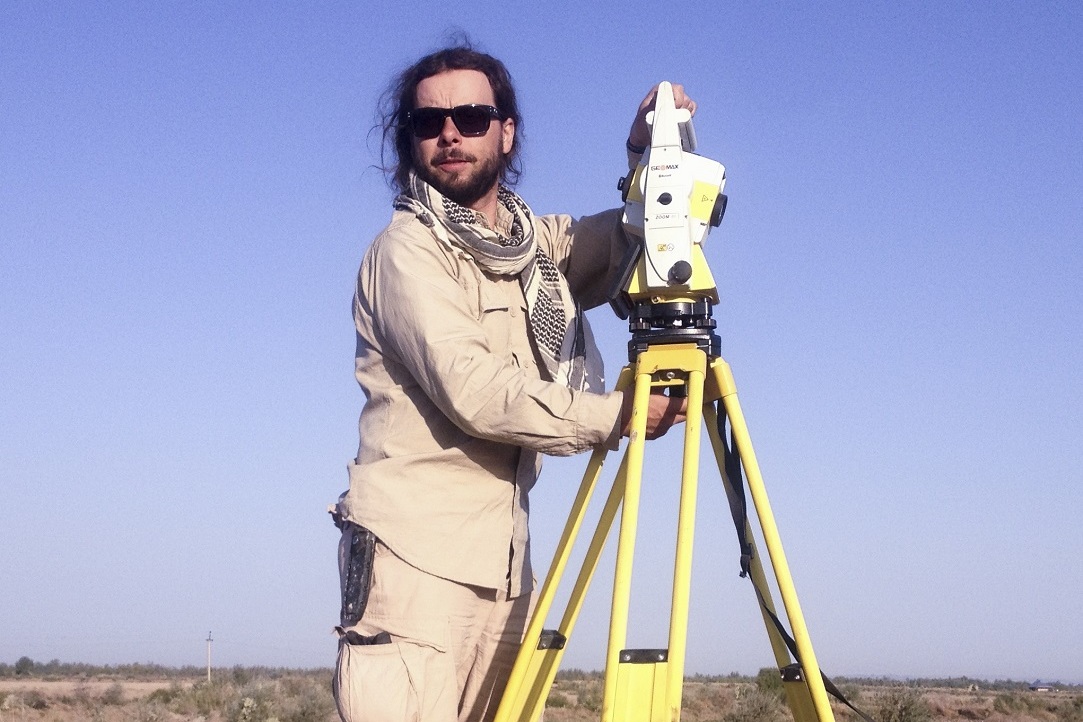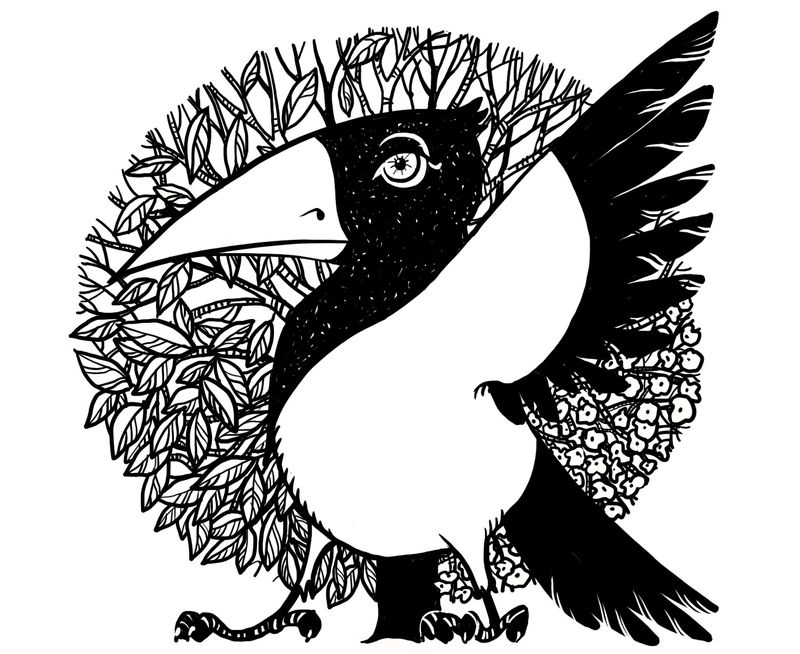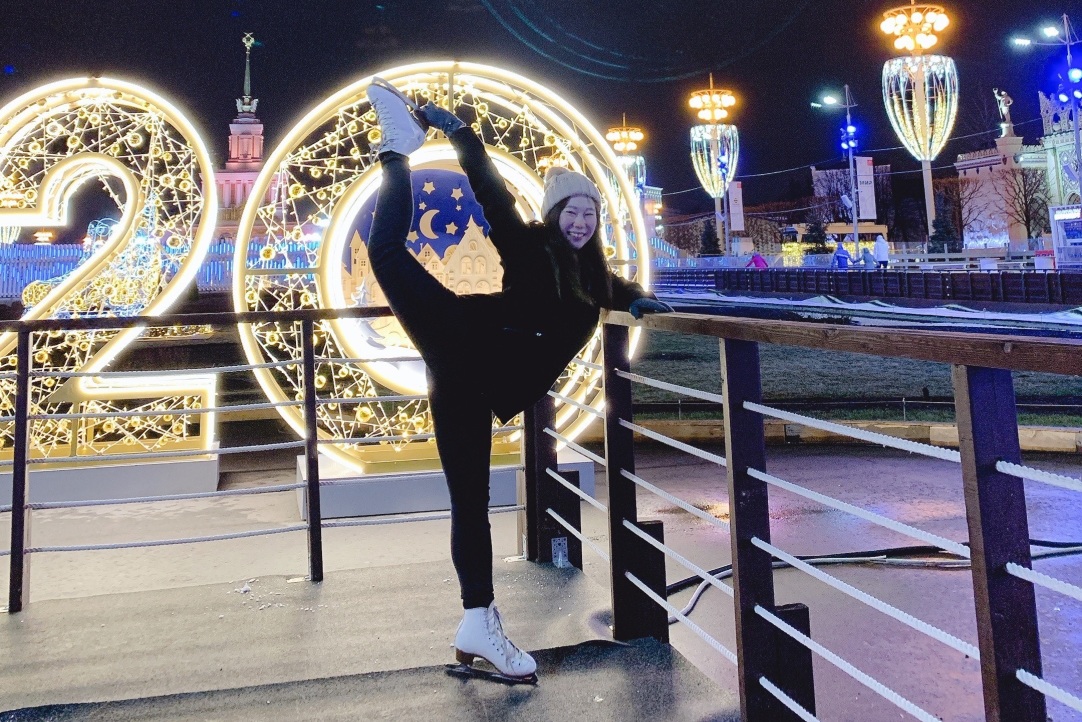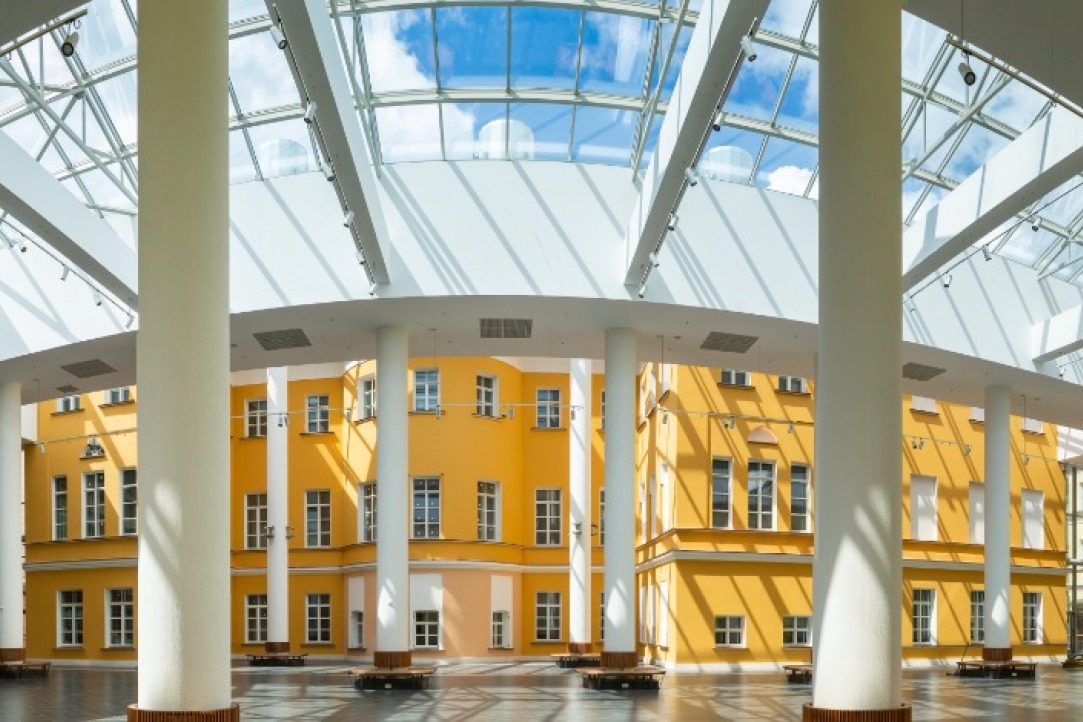
Tag "international faculty"



Bernardo Pincheira is a Research Fellow at the International Research Laboratory for Institutional Analysis of Economic Reforms, Center for Institutional Studies. Having graduated from the University of Nottingham with a PhD in Economics, Dr. Pincheira shared his interest in Economics of Education and peer effects in the classroom.


Read the interview with HSE Rector about HSE's development strategy, learn more about new tenure-track faculty members and their research, and get inspired to explore surroundings of Myasnitskaya and Pokrovka in the new issue of The HSE Look!


This September, HSE – St. Petersburg hosted the 3rd IZA/HSE University Workshop on Skills and Preferences and Labor Market Outcomes in Post-Transition and Emerging Economies. HSE News Service spoke with Professor Lehmann, co-organizer of the workshop, about human capital, the importance of cognitive and noncognitive skills, and the challenges empirical labour economists encounter when studying these issues in post-transition and emerging economies.
